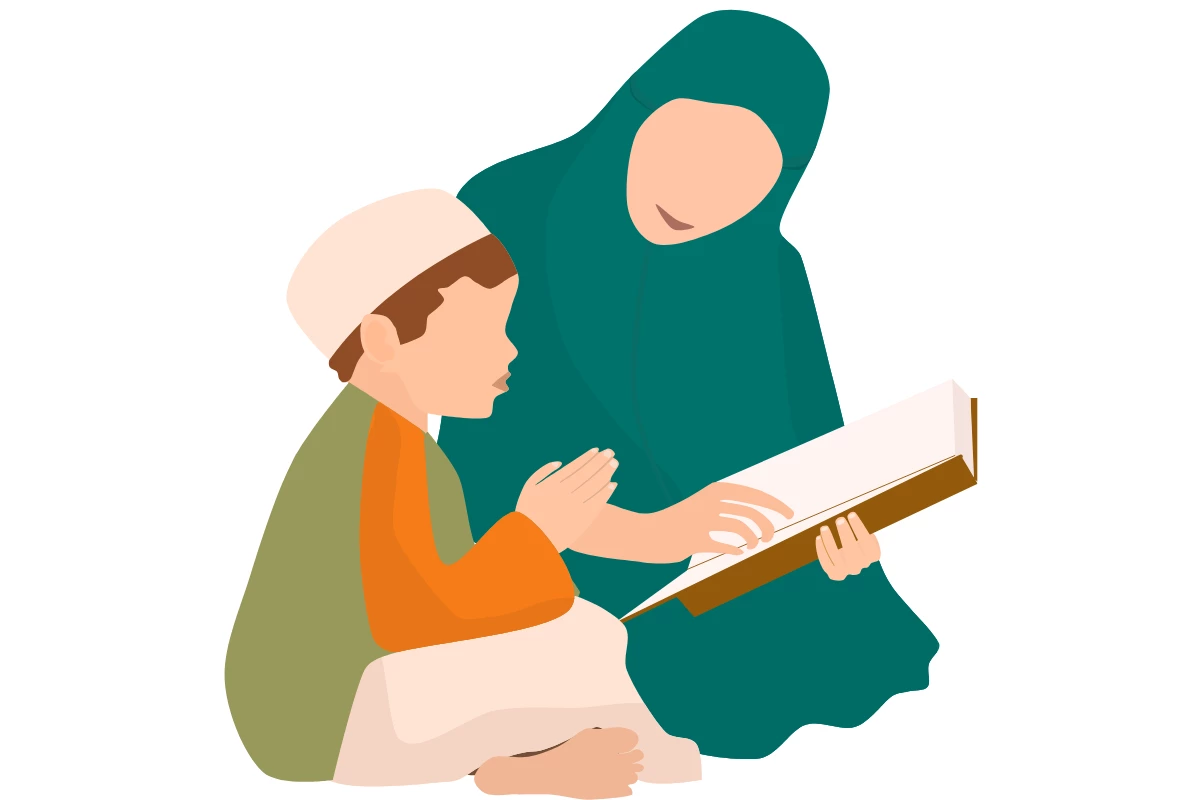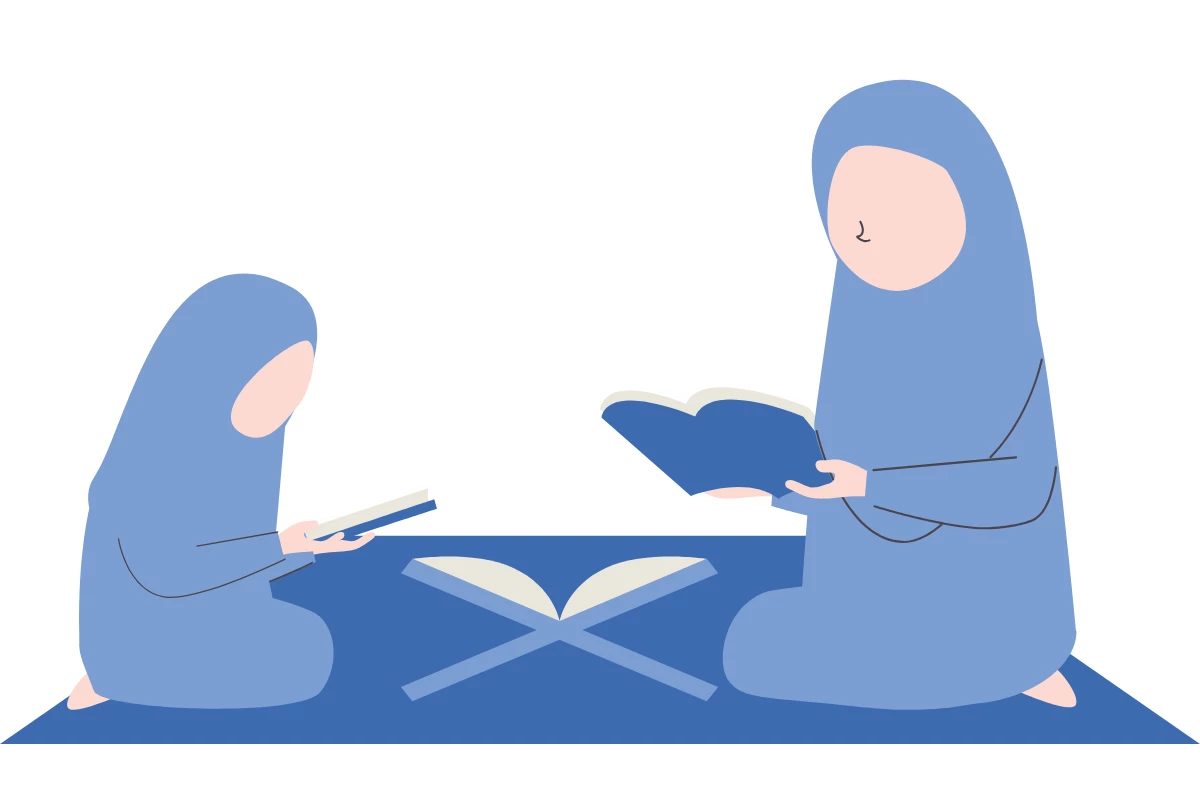The Quran, the principal spiritual textbook of Islam, has been a supply of guidance and relief for tens of millions of humans worldwide for over 1400 times. One query that often arises, particularly among those new to Islam or interested by mastering about the faith, is “Is the Quran in Arabic?” This composition will discover the language of the Quran, its importance, and what it manner for Muslims and learners of the holy e book.
The Language of Revelation Arabic and the Quran
The Quran’s Original Language
To solution the primary question Yes, the Quran is indeed in Arabic. The holy e-book turned into discovered to the Prophet Muhammad inside the Arabic language over a length of 23 instances. This authentic Arabic textbook has been saved strictly over the centuries and remains the real interpretation of the Quran used by Muslims international.
Why Arabic?
The desire of Arabic as the language of the Quran is huge for numerous reasons
- Cultural Context The Quran changed into discovered in 7th century Arabia, in which Arabic changed into the primary language of communique.
- verbal uproariousness Arabic is known for its suggestive nature and capability to convey complex meanings compactly.
- Preservation of Meaning By using Arabic, the exact words and intended meanings of the godly communication could be saved without the implicit loss that can do in restatement.
The Quran’s View on Its Language
The Quran itself addresses its verbal nature in several verses. For illustration
” Indeed, We’ve transferred it down as an Arabic Quran that you might understand.”( Quran 122)
This verse emphasizes not only the Arabic nature of the textbook but also the purpose behind it – to grease understanding among its primary followership.

The significance of Arabic in Islamic Worship
Salah( Prayer) and Arabic Enumeration
One of the most visible instantiations of the Quran’s Arabic nature is in the diurnal prayers( Salah) performed by Muslims. Anyhow of their native language, Muslims worldwide recite portions of the Quran in its original Arabic during their prayers.
The Challenge of Memorization
numerous Muslims take over the challenge of learning the entire Quran in Arabic, a practice known as getting a” Hafiz.” This tradition has played a pivotal part in conserving the textbook over centuries.
| Aspect of Worship | Role of Arabic |
|---|---|
| Daily Prayers | Recitation of Quranic verses in Arabic |
| Quran Study | Reading and understanding the original text |
| Memorization | Preserving the exact words of the revelation |
literacy Arabic A Gateway to Understanding the Quran
The Benefits of Learning Quranic Arabic
Fornon-Arabic speaking Muslims and those interested in studying the Quran, learning Arabic offers several advantages
- Direct Access to the Text Reading the Quran in its original language allows for a deeper understanding of its nuances and erudite beauty.
- Avoiding restatement Limitations While restatements are precious, they can not always capture the full depth and multiple layers of meaning present in the original Arabic.
- Cultural and literal environment Understanding Arabic helps in grasping the artistic and literal environment in which the Quran was revealed.
Online Quran Classes Bridging the Language Gap
In moment’s digital age, learning Quranic Arabic has come more accessible than ever. Online Quran classes offer a flexible and effective way to study the language of the Quran. These classes generally cover
Arabic ABC and pronunciation
introductory alphabet and vocabulary
Tajweed( rules of Quranic enumeration)
restatement and interpretation chops
For those interested in heightening their understanding of the Quran through language study, coffers like Arabic Language Institute offer comprehensive programs for learners at colorful situations.
Restatements Making the Quran Accessible
The Role of Quran restatements
While the original Arabic textbook remains consummate, restatements of the Quran play a pivotal part in making its communication accessible tonon-Arabic speakers. These restatements are available in multitudinous languages and serve as important tools for understanding the Quran’s training.
Limitations of restatements
It’s important to note that restatements are considered interpretations of the Quran’s meaning rather than backups for the original textbook. Scholars frequently emphasize that no restatement can completely capture the verbal cautions, lyrical meter, and multiple layers of meaning present in the Arabic Quran.
Popular English restatements
Some extensively reputed English restatements of the Quran include
- Dr.’s “The Clear Quran” Khatab Mustafa
- “The Noble Quran” by Muhammad Taqi ud Din al-Hilali and Muhammad Muhsin Khan
- ” The Study Quran” by Seyyed Hossein Nasr et al.
These restatements frequently include explicatory notes to help compendiums understand environment and nuances that might not be incontinently apparent in the restated textbook.

The verbal phenomenon of the Quran
Literary Excellence
One of the aspects that makes the Quran unique is its verbal and erudite excellence. The textbook is famed for its
poetry and rhetorical power
Precise word choice and placement
metrical patterns and sound symbolism
The Challenge of reproduction
The Quran presents a challenge to those who misdoubt its godly origin, inviting them to produce commodity analogous to it
” And if you’re in mistrustfulness about what We’ve transferred down upon Our menial( Muhammad), also produce a surah the suchlike thereof and call upon your substantiations other than Allah, if you should be veracious.”( Quran 223)
This challenge, known as the” Inimitability of the Quran”( I’jaz al- Quran), has been a subject of discussion among scholars and linguists for centuries.
Arabic cants and Classical Arabic
Classical vs. ultramodern Standard Arabic
The Arabic of the Quran is Classical Arabic, which differs from the Modern Standard Arabic used in media and formal dispatches moment. While affiliated, there are differences in vocabulary, alphabet, and style.
Quranic Arabic vs. Spoken cants
It’s also important to note that the Arabic of the Quran is distinct from the colorful spoken Arabic cants set up across the Arab world. While these cants are used in diurnal life, Classical Arabic remains the language of religious textbooks and formal literature.
| Type of Arabic | Operation |
|---|
| Classical Arabic | Quran, classical literature |
| Ultramodern Standard Arabic | Media, formal communication |
| Spoken Dialects | Everyday discussion in Arab countries |
The Global Impact of Quranic Arabic
Influence onNon-Arab Muslim societies
The Arabic of the Quran has had a profound impact on languages and societies innon-Arab Muslim societies. numerous languages, similar as Persian, Turkish, Urdu, and Swahili, have espoused considerably from Arabic, particularly in religious and philosophical vocabulary.
Arabic Calligraphy and Art
The beauty of Quranic Arabic has inspired colorful forms of Islamic art, most specially penmanship. The cultural picture of Quranic verses has come a hallmark of Islamic visual culture, embellishing kirks, homes, and public spaces around the world.
Learning coffers for Quranic Arabic
For those inspired to learn the language of the Quran, multitudinous coffers are available
- Online Courses Platforms like Bayyinah Institute offer structured courses in Quranic Arabic.
- Mobile Apps operations like Duolingo and Memrise now include Arabic language courses.
- Traditional Handbooks Books like” Al- Kitaab fii Ta’allum al-‘ Arabiyya” are extensively used in academic settings.
- Quranic Enumeration Apps Apps that give both Arabic textbook and audio enumeration can help in learning pronunciation and memorization.
Conclusion The Enduring Significance of Arabic in the Quran
In conclusion, the Arabic language is naturally linked to the Quran and plays a central part in Islamic faith and practice. While restatements serve an important purpose in making the Quran’s communication accessible, the original Arabic textbook remains the authentic source of godly disclosure for Muslims worldwide.
Understanding that the Quran is in Arabic opens up a world of verbal, spiritual, and artistic disquisition. Whether through formal study, online classes, or particular disquisition, engaging with the Arabic of the Quran can consolidate one’s appreciation of this sacred textbook and its continuing impact on global culture and church.
For those embarking on the trip of learning Quranic Arabic, flash back that it’s a satisfying process that not only enhances religious understanding but also connects learners to a rich verbal and artistic heritage gauging over a renaissance.






What is the Quran in Islam » Online Quran Islam Acadmey
[…] The Quran serves as a unifying force among Muslims worldwide, transcending cultural and […]
Learn Arabic For Quran Online – Master Quranic Arabic
[…] At [Learn Arabic for Quran Online], we offer a range of courses tailored to help you master Quranic Arabic from the comfort of your […]